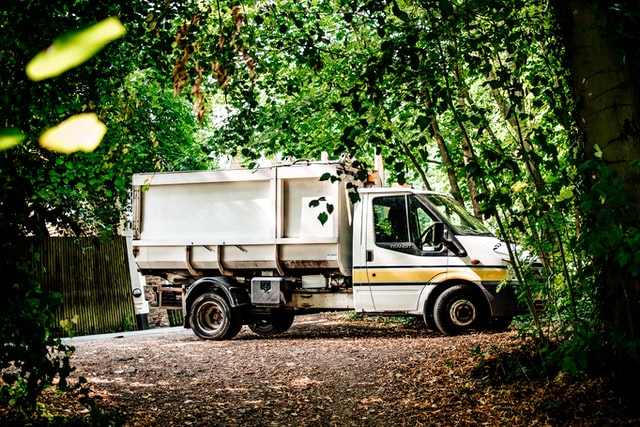26 Oct Freehold Service Charges
Although many people will be familiar with the concept of service charges for leasehold properties, less well understood are the equivalent charges for freehold properties: estate rent charges/service charges.
To some extent this is understandable – after all, leasehold properties don’t own the buildings or the land they sit on, and as they are usually flats or apartments, an independent party needs to be responsible for maintaining any areas or facilities shared between the leaseholders on-site. As such, for leasehold properties the logic of a service charge payment makes some sense.
So why would this kind of charge apply to freehold properties, where the owner of the property also owns the land it sits on, and the structure of the building too?
Shared areas

Estate rent charges or service charges tend to be an increasingly common feature on newbuild housing developments.
With freeholder properties essentially being self-contained units that don’t share their land or structure with other properties, it may at first seem hard to understand why a service charge would be present.
Look closer however, and the reason soon becomes apparent – most new housing developments today, although primarily made up of freehold houses, will be built with numerous shared green areas and landscape features, all of which are accessible to the surrounding properties.
Somewhat obviously, these shared areas of greenspace need to be regularly maintained somehow, and estate service or rent charges are an increasingly common way to ensure this.
Similarly to leaseholders in an apartment block, all of the freehold owners on a development would contribute a proportion of the costs of maintaining and managing the shared areas of the development, in order to ensure that these spaces are adequately looked after to the benefit of all.
Local authorities

At this point, most people wonder why the maintenance of these shared areas isn’t taken care of by the relevant local council – isn’t that what council tax is for after all?
The reality is that estate service charges and council tax are not mutually exclusive, and your responsibility to pay council tax is separate and distinct from any service charge responsibilities that have been taken on when purchasing the property.
Because these newbuild housing estates are generally built by private developers, the local council authority would not automatically take over responsibility for management and maintenance of the shared spaces once construction has been completed. Instead, because the development is not a government scheme, a management company will be set up to consider the development’s long-term interests.
Although some management companies will instruct works and services themselves, more commonly a managing agent will be appointed on its behalf to carry out the necessary repair, landscaping, health and safety inspections and any other services that are necessary at the site.
The managing agent will also often be responsible for collecting the service charges due as well, and will send out the relevant budgets and invoices for this each period.
Services

As it’s primarily shared green areas that are being maintained and managed, surely the service charge only needs to cover landscaping costs?
You’d be forgiven for thinking so – in reality however, just like with leasehold service charges, there are often a host of additional services provided to the development and shared areas that are not immediately obvious.
As with leasehold service charges, these additional services and works will vary depending on various circumstances – the specific characteristics of the development, for example – so it’s not possible to give a one-size fits all list.
In order to know exactly what’s provided for the service charge, the best thing to do is approach the management company or managing agent who will be able to provide a breakdown of what work is financed by the service charges for the site.
Looking for management services for your development? Contact our team today.




